Maritime Supply Chain Security: High-Risk Cargo and Foreign Port Issues
The U.S. economy is dependent on a secure global supply chain. In fiscal year 2013, approximately 12 million maritime cargo shipments arrived in the United States. Within the federal government, U.S. Customs and Border Protection (CBP) is responsible for administering cargo security, to include identifying “high-risk” maritime cargo shipments with the potential to contain terrorist contraband. This book discusses how many maritime shipments CBP determined to be high risk and the extent to which CBP has accurate data on the disposition of such shipments; the extent to which CBP consistently applies criteria and documents reasons for waiving examinations; and the extent to which CBP ensures its policies on the disposition of high-risk shipments are being followed. Furthermore, this book addresses the extent to which Department of Homeland Security (DHS) has assessed foreign ports that pose the greatest risk to the global supply chain and focused its maritime container security programs to address those risks; and actions DHS has taken to help ensure the efficiency and effectiveness of its maritime security programs.
{{comment.content}}
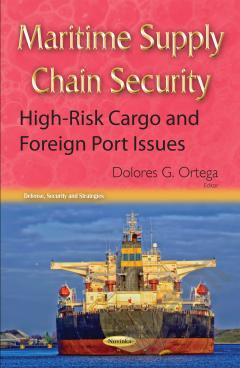
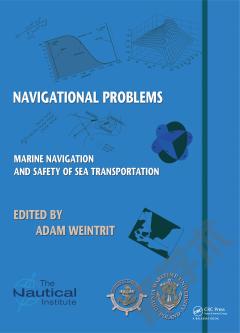
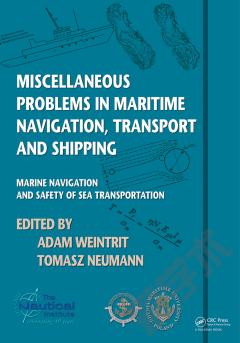

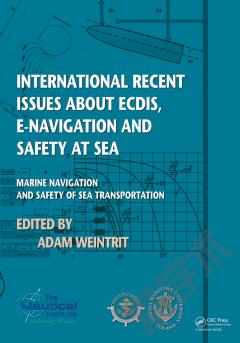
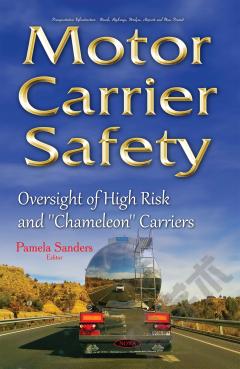


 京公网安备 11010802027623号
京公网安备 11010802027623号